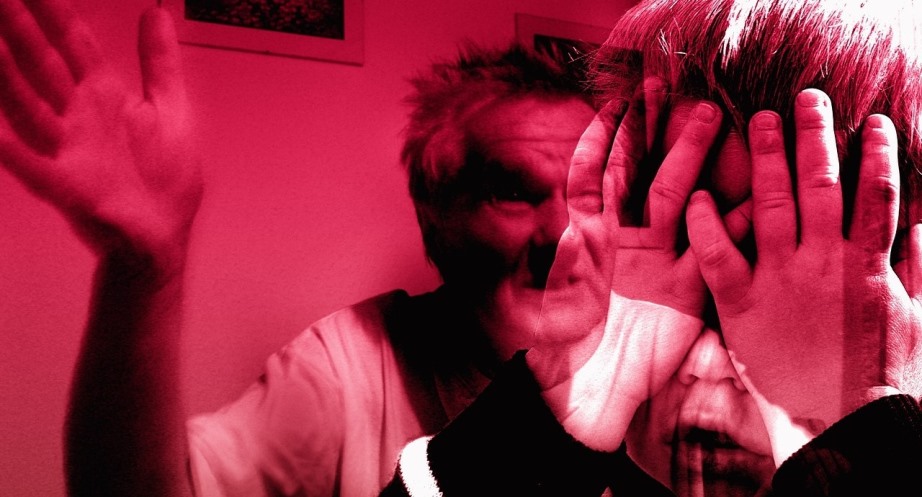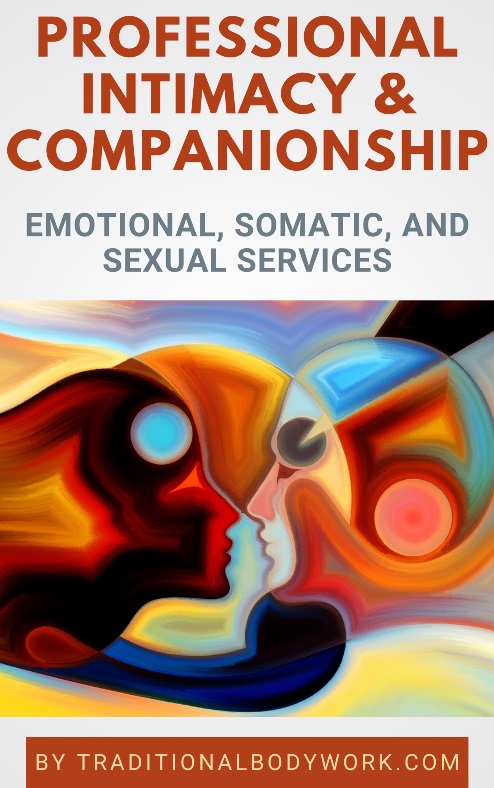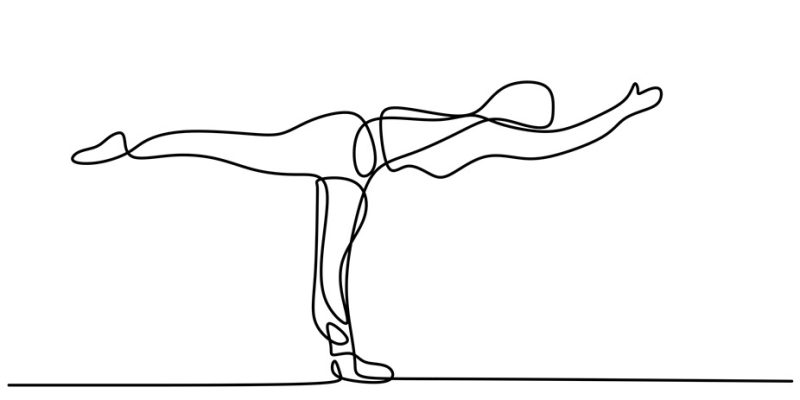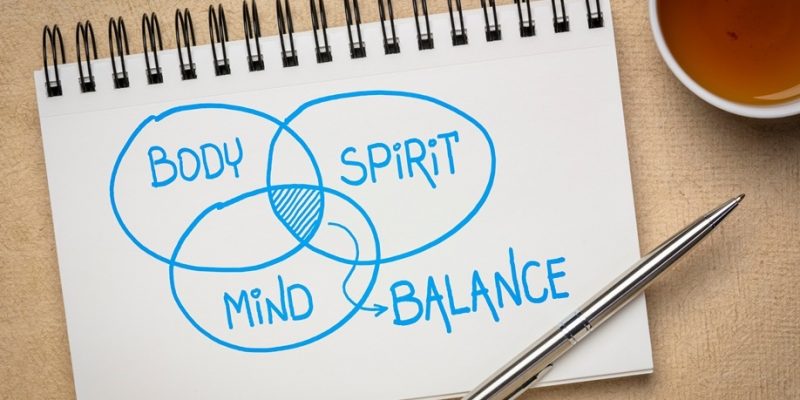
Emotional repression and suppression both play an important role in Wilhelm Reich’s theory and practice of Character Armor and Body Armor, and subsequently in De-Armoring (also called Emotional De-Armoring). Nevertheless, it’s not uncommon that the terms repression and suppression are used synonymously, but there are some important differences in their meaning.

In general, one could say that both repression and suppression involve “removing” or ignoring certain emotional and mental content by pushing it out of our direct awareness and consciousness. In a way, “content” — desires, memories, thoughts, feelings — that is considered threatening, frightening, unpleasant, unbearable, shameful, (socially) unwanted, harmful, disruptive, or extremely painful, is “set apart” either into the subconscious or unconscious part of our mind or brain, or it’s simply ignored or avoided.
The difference is that repression is an act that is basically happening unconsciously (although in the beginning of the process it may also happen consciously), but suppression is said to rather be a conscious act (although it may also happen unconsciously). Be that as it may, we could say that in both cases there’s a resistance against the emotional or mental phenomena one is concerned with.
Repression acts in a manner that one may not be aware or know that one is forgetting (or has forgotten) negative experiences, trauma, emotions, or thoughts. Suppression acts by actively and willingly distracting or numbing oneself from the emotions that arise. In addition, persistent and continuous suppression over a longer period of time may finally lead to repression.
A person who has forgotten the abuse in their childhood is said to have memory repression, which is a psychological survival and defense mechanism to cope with experiences that are deemed too intense to “look at” or digest. In fact, if this person wouldn’t have repressed the abuse, they probably would have gone “out of their mind.”
Another example of repression could be the case of a car accident in which someone’s best friend sitting beside them got killed and subsequently not being able to talk about the accident because one’s mind “goes blank” when trying to recall the traumatic memory.

Then an example of suppression. If someone would get extremely sad, angry and aggressive, even actually wanting to “kill someone” because someone says to them that they are “very stupid,” that person would usually ignore (suppress) these emotions because acting on them would be socially unacceptable and probably lead them into lots of trouble.
Another example of suppression could be that of someone who looks happy and fine after a divorce with their partner, even if they’re hurting enormously inside, and also refuses to talk about the divorce or past relationship to avoid bringing the hurt to the surface.
Both repression and suppression have certain effects — albeit slightly different — on our emotional, mental, and physical health, and on our abilities to form meaningful and satisfactory social and interpersonal relationships.
With regard to the physical (bodily) effects, research has shown that both suppression and repression increase the risk of cardiovascular disease, digestive problems, and earlier death. Moreover, one would also see increased levels of Body Armoring — muscular and other bodily tensions — with all the negative physical health conditions that could be the result of that.
Suppression and repression usually also result in poorer interactions and relationships with other people due to resistance to and avoidance of emotional attachment.

Notably suppression is associated with lower levels of mental wellbeing. Repression seems to create more optimistic people but repressed memories can become conscious, which can lead to worse mental wellbeing compared to suppression or even severe mental disorders and distress if not acted upon in an appropriate way.
At any rate, in the science of psychology as it stands today it’s thought that it’s better to address all one’s emotions — sooner or later — because when not digested, handled or processed they will probably eventually show up as a range of psychological or physical symptoms.
Nonetheless, with repressed emotions or trauma it’s of course hard to even know that they are repressed because one has forgotten about them by pushing them into the unconscious part of the mind. In this case, we’ll need to look at secondary signs, such as specific physical tensions in the body, for instance described by the psychoanalyst Wilhelm Reich in his Theory of Segmental Armouring.
















